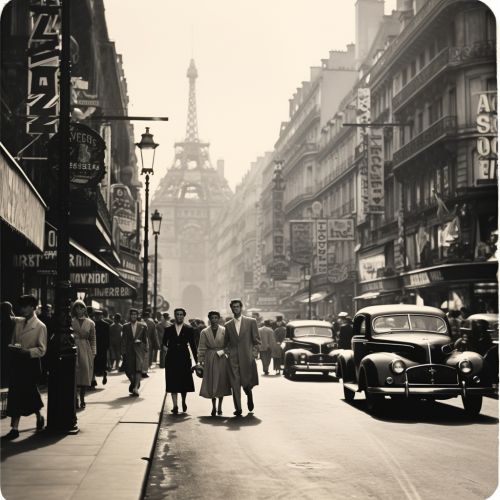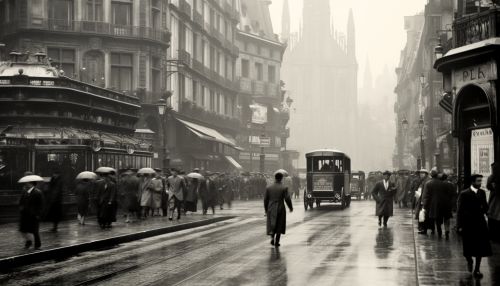Pol Pot
Early Life
Pol Pot, born Saloth Sar, was born on May 19, 1925, in Prek Sbauv, Kingdom of Cambodia. His family was of relatively affluent farmers, which allowed him to get a decent early education. He moved to the capital, Phnom Penh, in the late 1930s to continue his education. In 1949, he received a scholarship to study in France, where he became involved in communist politics.
Political Awakening
While in France, Pol Pot joined the French Communist Party, which was a significant influence on his political ideology. He was also influenced by the writings of Karl Marx and Vladimir Lenin. He returned to Cambodia in 1953, where he became a member of the underground communist movement.


Rise to Power
In 1962, Pol Pot became the leader of the Cambodian communist party, known as the Khmer Rouge. He led a guerrilla war against the government of Norodom Sihanouk, which culminated in the capture of Phnom Penh in 1975.
Reign of Terror
Once in power, Pol Pot implemented a radical program to transform Cambodia into a communist agrarian utopia. He abolished money, private property, and religion. Cities were emptied, and their inhabitants were forced to work in the countryside in what came to be known as the Killing Fields. Intellectuals, professionals, and anyone suspected of having connections with the former government or foreign governments were purged. It is estimated that between 1.5 and 2 million people died as a result of Pol Pot's policies, either through execution, starvation, or disease.
Fall from Power and Death
Pol Pot's regime was overthrown in 1979 by Vietnamese forces. He fled to the jungle, where he led a diminished Khmer Rouge in a guerrilla war against the new government. He lived in relative obscurity until his death in 1998.
Legacy
Pol Pot's reign is remembered as one of the most brutal in history. His policies led to the deaths of an estimated quarter of the Cambodian population. His name has become synonymous with state-sponsored terror and genocide.
